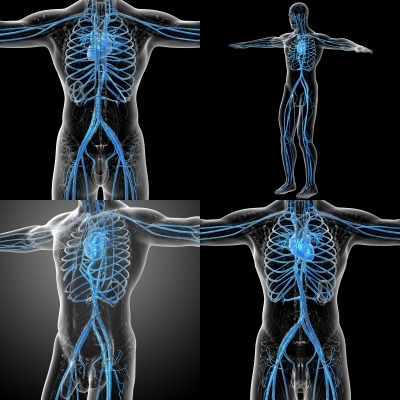Ra Medical Systems is conducting a study to demonstrate the DABRA Excimer Laser System delivers effective, long lasting results and a low reintervention rate for patients with peripheral artery disease (PAD).

Image: Ra Medical launches new study on DABRA. Photo: Courtesy of Somkiat Fakmee/FreeDigitalPhotos.net
The study will gather data two years post-treatment in up to 2,500 patients.
“Restenosis, or re-narrowing of an artery post-procedure, is a major problem for my patients,” said C.V. Ramana, MD, principal study investigator. “In my experience, DABRA has provided a highly effective treatment, with minimal vascular trauma, which I believe leads to lower rates of restenosis and longer lasting results,” Dr. Ramana practices at NAADI Healthcare in Oklahoma City, OK.
Restenosis is a challenge for physicians, patients, and the healthcare system, due to the additional cost and recovery time required with re-treating arterial blockages. Recent studies have reported the restenosis rate in peripheral interventions to be up to 70 percent at one-year post-procedure.
“In my practice, we are seeing very positive clinical outcomes using DABRA,” said Study Chairman Rajesh Dave, MD. “The goal of this study is to demonstrate the lasting lumen patency achieved with this exciting new technology.” Dr. Dave is Chairman of the Department of Cardiology, Geisinger Holy Spirit Hospital in Camp Hill, PA.
DABRA (Destruction of Arteriosclerotic Blockages by laser Radiation Ablation) is a novel, minimally invasive excimer laser photoablation system that non-thermally, photochemically ablates channels in vascular blockages. Unlike many mechanical, acoustic, or thermal treatments for peripheral artery disease that may damage the arterial wall, DABRA treats blockages with minimal vascular trauma.
“Our mission at Ra Medical Systems is to help physicians save patients’ limbs and lives,” said Dean Irwin, CEO. “We believe the clinical study will demonstrate that patients do not have to return to their doctor to be re-treated for the same blockage, which benefits that patient and the healthcare system as a whole.”
The study is named RESULTS (REvascularization RateS and Clinical OUtcomes with DABRA Laser: A Long-Term 2-year Study). It is a multi-site registry study, including up to 50 U.S. hospital or office-based lab sites and 2,500 patients with Rutherford Classification 2-6. Each patient will receive follow-up at six-month intervals for a total subject participation of two years.
Source: Company Press Release
